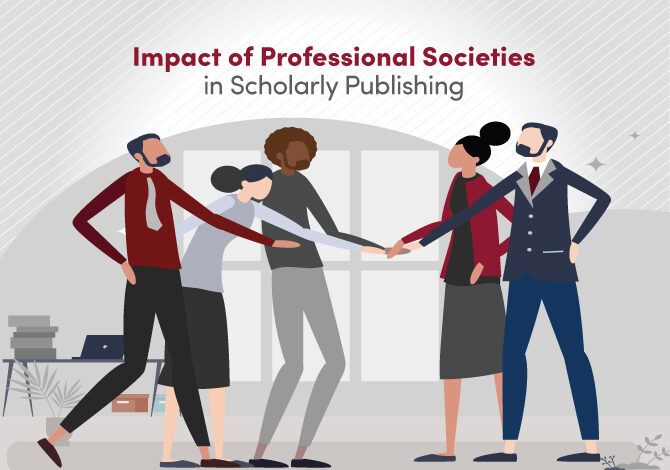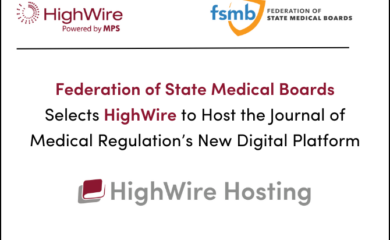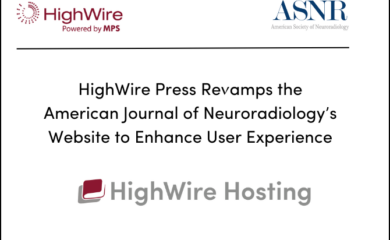The significance of scholarly publishing’s professional societies cannot be understated. Scholarly societies have emerged as guardians of scholarly integrity, advocates for diversity, equity, and inclusion, and facilitators of synergies spanning various disciplines.
These entities assume a central role in upholding the sanctity of scholarly publishing. By means of rigorous ethical frameworks and peer assessment protocols, they ensure the preservation of academic probity and excellence. For instance, consider the IEEE’s meticulous peer review criteria, or the American Physical Society’s Forum on Graduate Student Affairs, which provides travel awards, career development sessions, and advocacy efforts specifically tailored for graduate students. These societies also facilitate interdisciplinary synergies, enriching the academic landscape.
The Advocacy Role: More Than Just a Platform
Professional associations assume the role of advocates for their members, providing an advanced platform for intellectual exchange and collaborative research.
Consider the American Physical Society (APS) which has been pivotal in nurturing a culture of intellectual openness via its Forum on Graduate Student Affairs. Unlike conventional academic platforms, this forum actively fosters an exchange of ideas between graduate students and the broader scientific community, benefiting both groups.
The American Chemical Society (ACS), on the other hand, has established industry benchmarks by issuing comprehensive guidelines that transcend mere compliance. These guidelines guarantee that safety and ethical considerations are not overlooked during the research process.
Ethical matters are a universal concern that surpass disciplinary boundaries. Entities like IEEE and the British Psychological Society have outlined rigorous ethical guidelines to uphold the integrity of scholarly publishing, safeguarding the interests of authors, reviewers, and readers alike.
Through targeted initiatives and ethical standards, professional societies shape the future of scholarly publishing. They function as custodians of academic integrity, guaranteeing that scholarly publishing remains reliable and ethical.
Leadership in Diversity, Equity, Inclusion, and Open Access Publishing
Fostering Diversity, Equity, and Inclusion
It has become increasingly evident that diversity, equity, and inclusion (DEI) are not empty buzzwords but fundamental constituents of a resilient academic milieu. Professional societies stand at the forefront of this effort, executing an array of initiatives to cultivate DEI within their distinct domains.
In this aspect, the European Respiratory Society (ERS) has emerged as a trailblazer, particularly through its mentorship programs tailored for underrepresented groups. These programs transcend the realm of guidance; they are designed to foster an all-embracing culture where varied voices are acknowledged and lifted up. The ERS mentorship initiative stands as a template illustrating how targeted undertakings can yield far-reaching effects.
Wholeheartedly embracing diversity, the Royal Pharmaceutical Society (RPS) perceives it as a central asset that contributes to enhanced outcomes for both service beneficiaries and society at large. This commitment developed through a sequence of dialogues culminating in the formulation of an all-encompassing DEI strategy.
The RPS DEI strategy encompasses a spectrum of measures, ranging from focused awareness campaigns and educational programs to mentorship prospects and advocacy for policies. It underscores the significance of intersectionality, recognizing that the dynamics of identity span a multifaceted spectrum.
Fast-tracking progress: The APS Initiative
Adding an additional layer to DEI endeavors, the American Physical Society (APS) advances the cause through its Advancing Graduate Leadership (AGL) program. Tailored specifically for female and gender minority graduate students and postdoctoral scholars, the AGL program extends opportunities for leadership and professional growth. This initiative surpasses conventional mentorship and accolades; it equips the upcoming generation of physicists with the proficiencies required to assume leadership roles within an increasingly diverse academic panorama.
The Broader View
The undertakings by ERS, RPS, and APS do not exist in isolation; rather, they are integral components of a broader movement within the realm of scholarly publishing. These initiatives exemplify a shared dedication to infusing academia with inclusivity, equity, and diversity. This is not only about addressing historical disparities but also about enhancing scholarly discussions by welcoming a myriad of perspectives.
The Open Access Revolution
Within the realm of scholarly professional societies, a pioneering spirit emerged to adopt an open access business model. Professional societies recognized the profound benefits of unrestricted access to knowledge, not only for researchers and practitioners but for the public at large. They are aware that open access extends beyond mere availability—it’s a catalyst for amplifying influence. By dismantling financial barriers, open access extends its arms to researchers from diverse corners of the world. This widening embrace fosters collaborative efforts, elevates citations, and invigorates the intellectual conversations of academia.
Navigating the Financial Landscape
While the merits of open access are substantial, constructing sustainable funding models is a multifaceted endeavor. In response, professional societies have charted courses through a variety of routes. Some societies champion open access via author processing charges, guaranteeing that researchers can share their work without monetary hindrances. Others delve into partnerships with institutions, libraries, and funding bodies, nurturing the growth of open access initiatives. Despite these benefits, many professional societies struggle to make open access work financially, since they cannot compete with large commercial publishers when it comes to negotiating transformative agreements that allow an institution’s researchers to publish papers in a society’s journals. Because open access has become a numbers game, favoring quantity, smaller societies lose out.
Regardless of the financial challenge, open access fits the fundamental tenets of scholarly professional societies. These organizations exist to propel knowledge, nurture collaboration, and uphold standards of academic integrity. Through their embrace of open access, professional societies magnify their influence and illustrate a dedication to inclusiveness. As custodians of knowledge, professional societies assume a pivotal role in navigating the trajectory of scholarly publishing.
Interdisciplinary Collaboration and Academic Support
Navigating the complexities of our modern world often requires a collaborative and interdisciplinary approach to address the most pressing challenges. Within this dynamic landscape, professional societies emerge as vital conduits for fostering interdisciplinary research and providing essential academic support.
Fostering Unity Across Disciplines: The Case of The Masonry Society
A compelling example of this phenomenon is embodied by The Masonry Society. Through its engaging webinars, the society spotlights the harmonious integration of masonry within contemporary architectural practices. These webinars serve as more than mere information-sharing sessions; they cultivate an environment conducive to interdisciplinary discussions, nurturing a culture of collaborative solutions to intricate problems.
Steering toward a holistic approach, The American Society of Civil Engineers (ASCE) offers an array of resources that cater to academic institutions and research establishments alike. From endowing research grants to hosting enlightening webinars, ASCE’s initiatives are designed to enrich and invigorate the expansive academic landscape.
Concluding Thoughts
Our exploration has underscored the fact that professional societies are not merely passive spectators in scholarly communications; rather, they actively contribute to shaping its contours. But what implications does this hold for the future?
Primarily, the role of professional societies as guardians of quality and integrity is poised to gain even more prominence, particularly as the open-scholarship paradigm continues to gather momentum. The task at hand involves striking a harmonious balance between accessibility and robust quality control, necessitating innovative and nuanced solutions.
As academia progressively shifts towards embracing interdisciplinary perspectives, professional societies must assume the mantle of bridges that connect disparate fields. This entails a transformation from being mere repositories of specialized knowledge to serving as vibrant platforms fostering enriching cross-disciplinary dialogues.
Furthermore, the emphasis on cultivating diversity, equity, and inclusion transcends a mere moral imperative; it is now a benchmark of excellence. Varied viewpoints contribute to the richness of academic discourse, and professional societies stand pivotal in ensuring that this diversity not only thrives but also flourishes.
In essence, professional societies stand as dynamic entities propelling forward interdisciplinary collaborations and rendering steadfast academic support. Their evolving roles are important to the future of scholarly publishing, guaranteeing its sustained vibrancy, inclusivity, and innovative spirit.



